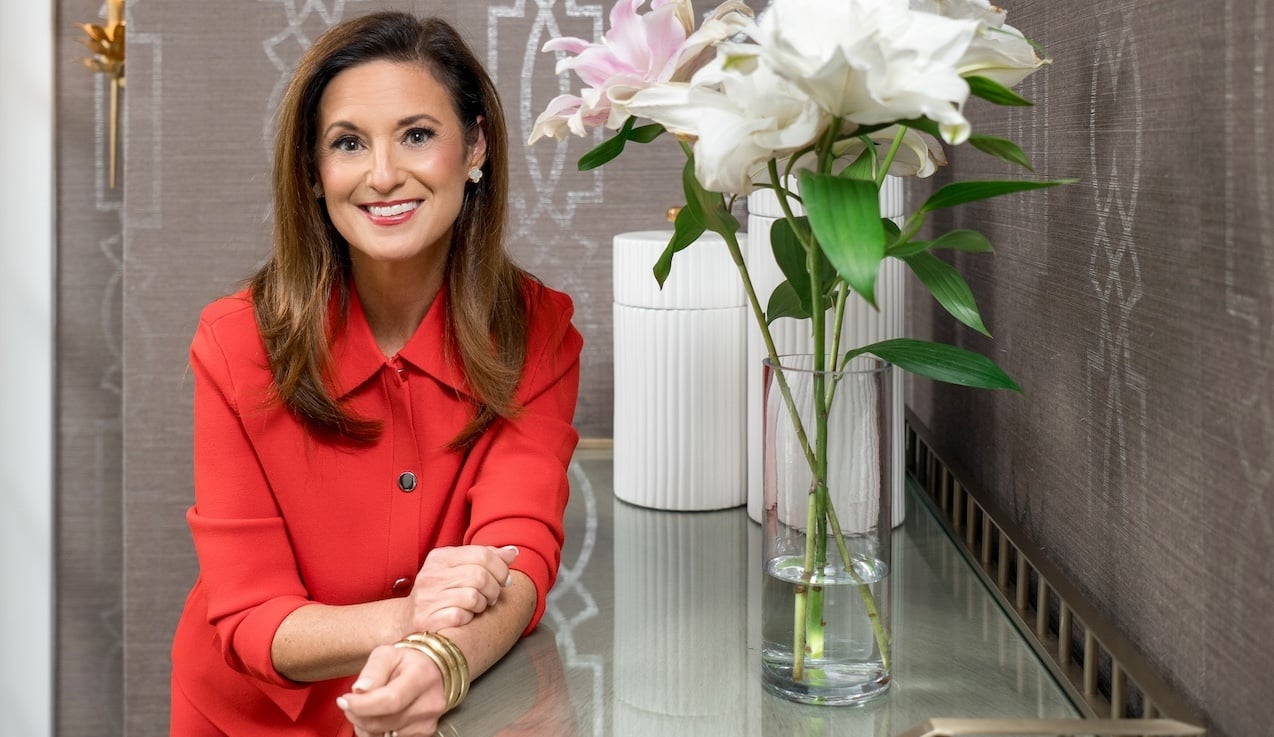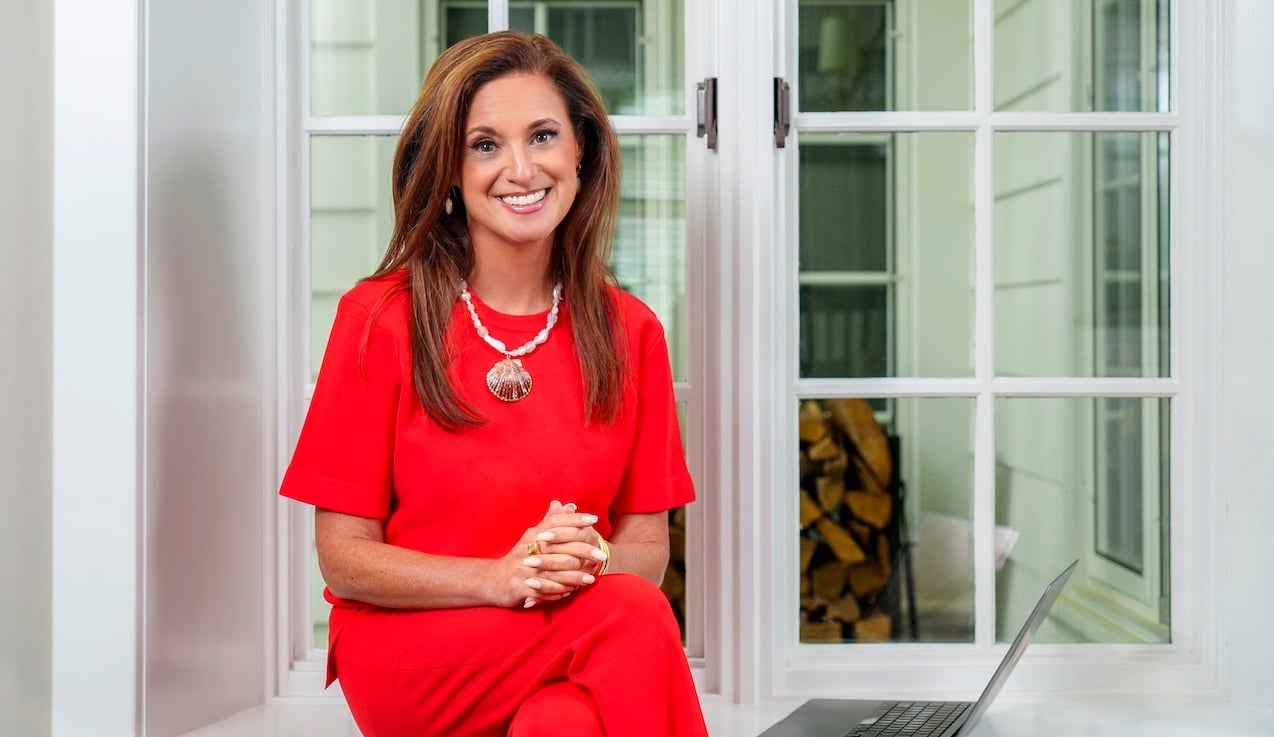I should be visiting my parents today. Not only is it my dad's birthday, but it is Rosh Hashanah, the Jewish New Year.
Yet, here I am, working on one of the holiest days of the year. My dad would have never let me do this when I was a kid. Being Jewish, even in a town that had few Jews, was paramount. The guilt is overwhelming.
It is only fitting that I write about religion today then, right? Maybe by writing about it, I will be able to resolve and make sense of why I am working instead of being with my family.
I looked back on all the hundreds of blogs I have written in the past ten years. I have written about being Jewish, but I never tackled the application "religion" question directly. So here we go.
The Common Application eliminated the religion question in 2021. It was an optional question, technically. I'll get back to that in a moment. Students could choose from a long dropdown menu of the world's religions—everything from Buddhist to Roman Catholic to Scientologist. Some students selected a checkbox, others didn't. But as I have always said about the college admissions process, just because you didn't select a checkbox about religion (or race) or even if the question is no longer asked of students, doesn't mean admissions officers don't assume.
When Common App eliminated the religion question from the template, many colleges added it to their own supplements. One could make an argument that this was important for a college to get a sense of the religions being represented in their admitted or enrolled pools. Another argument could be made that they were looking for students from certain religions and possibly limiting students from other religions. At different points in history, colleges have admitted to using quotas for certain racial and religious groups.
Interestingly, most colleges besides the religiously-affiliated ones, have removed the religion question from their supplements this year. This could be a result of ongoing claims of discrimination in college admissions and the impact of the protests that went on this past year on college campuses. Either way, though, religion has always been a delicate issue in our society. The college admissions process is just one of the many examples of how delicate it is.
With or without a religion question on an application or supplement, admissions officers are making assumptions about a student's religion. They will make inferences based on a student's name, parent's name, high school, home address, and activities. Whenever there were claims and evidence of racial discrimination in the admissions process, I would tell my students not to hide their backgrounds; to put it all out there. This meant including those extracurricular activities that revealed their backgrounds and even writing about race in their essays. This was and continues to be a layer of protection against racial discrimination, especially since affirmative action ended in 2023.
But writing an essay about religion is viewed differently than writing about one's race. It can be risky to write about religion as it can be polarizing or, at the very least, can make others a bit uncomfortable. Heck, writing this blog is risky for me.
I have seen some beautiful essays about religion in my 25 years of working in college admissions and college counseling. While it is an extremely difficult topic to pull off for a high school writer, it can make things clear to an admissions committee what is important to that student. And, if that admissions committee doesn't respect that, then that college might not be the right place for the student.
READ MORE: 5 Ways to Make Your Counselor Letter of Recommendation Even Better
Religion can be a beautiful identifier—something we are proud of. Something we treat with respect. As we approach the first set of admissions deadlines this fall, I encourage students not to hide who they are. Most of all, I urge colleges to use religion, race, or any background as a beautiful identifier rather than anything else. Shana Tova!












